Search Images
Browse Content (p. 294)
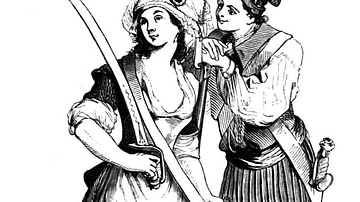
Image
Likely Depiction of Pauline Léon
A likely depiction of Pauline Léon (1768-1838), co-founder of the Society of Revolutionary and Republican Women during the French Revolution. Image by Émile Wattier from Augustin Challamel Histoire-musée de la république Française, depuis...
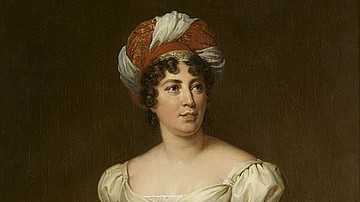
Image
Portrait of Madame de Staël
Germaine de Staël (1766-1817), writer and political theorist, portrait by Marie-Éléonore Godefroid, 1813.
Palace of Versailles.
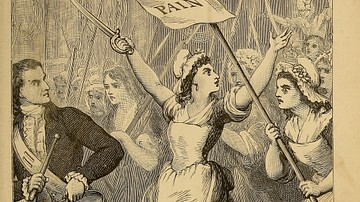
Image
Women Marching on Versailles
Women played a significant role in the French Revolution, exemplified in the Women's March on Versailles, on 5-6 October 1789. Image from the book Stories of the French Revolution by Walter Montgomery, 1893. Library of Congress Digital Collections...
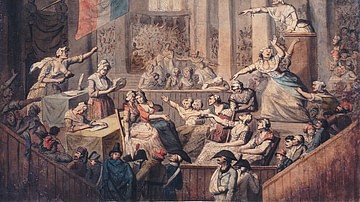
Image
Club of Patriotic French Women in a Church
A meeting of a club of patriotic women in a church during the French Revolution (1789-1799). Alongside the more famous political clubs of the era (i.e. the Jacobins, Cordeliers), some clubs were created to advocate for women's rights, most...
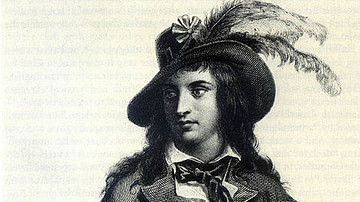
Image
Théroigne de Méricourt
Théroigne de Méricourt (1762-1817), the "Amazon of the French Revolution". Engraving by Auguste Raffet, c. 1817
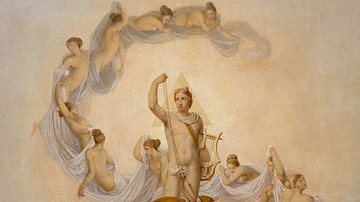
Image
Apollo with the Hours
Apollo with the Hours, oil on canvas by Georg Friedrich Kersting (1785–1847), c. 1822.
Güstrow City Museum.

Image
Allegory of Peace
Allegory of Peace, an allegory of the peace and happiness of the state; depicted are Dike (justice), Eunomia (order), and in the centre, Eirene (peace), oil on canvas by Jacob Jordaens (1593-1678). Biblioteca Museu Víctor Balaguer, Barcelona...
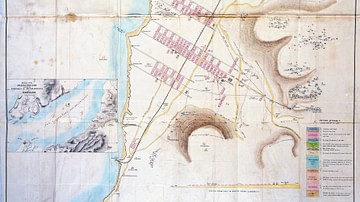
Image
Map of Renkioi Hospital
A map showing the layout of the innovative pre-fabricated Renkioi Hospital designed by Isambard Kingdom Brunel (1806-1859) for use during the Crimean War (1853-6). Map drawn by John Brunton.
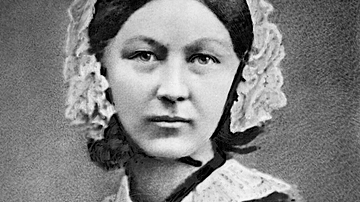
Image
Florence Nightingale
A c. 1860 photograph of the English nurse Florence Nightingale (1820-1910) who greatly improved survival rates in military hospitals during the Crimean War (1853-56) and lobbied the British government for better facilities leading to the...
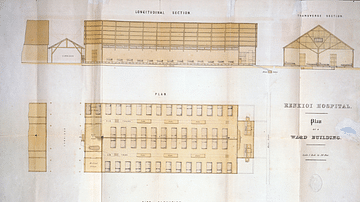
Image
Renkioi Hospital Plan
A plan of the innovative pre-fabricated Renkioi hospital designed by Isambard Kingdom Brunel (1806-1859) for use during the Crimean War (1853-6).